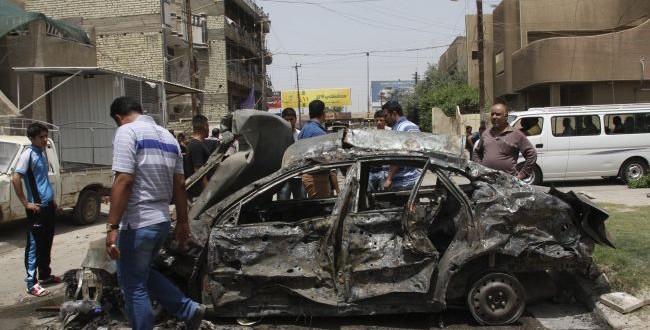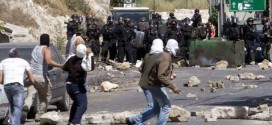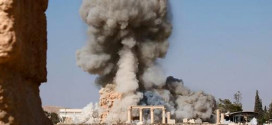
Six killed in violence in Northern Iraq
On Friday, violence north of Baghdad, including a car bomb attack set off by a suicide bomber, resulted in the deaths of six people, just two days after Iraq’s parliamentary elections held on Wednesday. The bloodshed, in the aftermath the first elections held in the country after the withdrawal of US troops in 2011, is the latest in the midst of a protracted surge in nationwide violence which has resulted in more than 3,000 deaths so far this year.
Iraqi authorities blamed the civil war spilling over from neighbor Syria as the cause for the violence, and said that the powerful Jihadist group Islamic State of Iraq and the Levant (ISIL) is behind most of the bloodshed. However, critics say that the government should be doing more to reach out to the alienated Sunnis in order to weaken support for militancy.
The deadliest attack on Friday saw a suicide bomber set off a vehicle fitted with explosive material on a highway connecting the town Dujail, in the Salaheddin province, and Baghdad. According to officials, four soldiers were killed and two others were wounded in the attack. The attack comes a day before Shiite pilgrims travel through the majority-Sunni town on their way to Samarra, the site of a major shrine, so that they can commemorate the death of a venerated figure in Shiite Islam. Sunni militant groups like the ISIL regularly target the Shiite majority in Iraq since they consider them as apostates, especially during annual commemoration rituals.
In a separate incident on Friday, gunmen reportedly killed 2 members of the Yazidi sect in the town Rabiyah in Nineveh province, which is close to the Syrian border.
This is the worst wave of violence in the country since the brutal Shiite-Sunni sectarian war in 2006 and 2007, which claimed tens of thousands of lives. Critics have blamed Prime Minister Nuri al-Maliki, who is seeking a third term, for the deterioration in security, insufficient improvement in basic amenities and rampant corruption in the country.
 العربي الديمقراطي The Latest From The Arab World
العربي الديمقراطي The Latest From The Arab World




